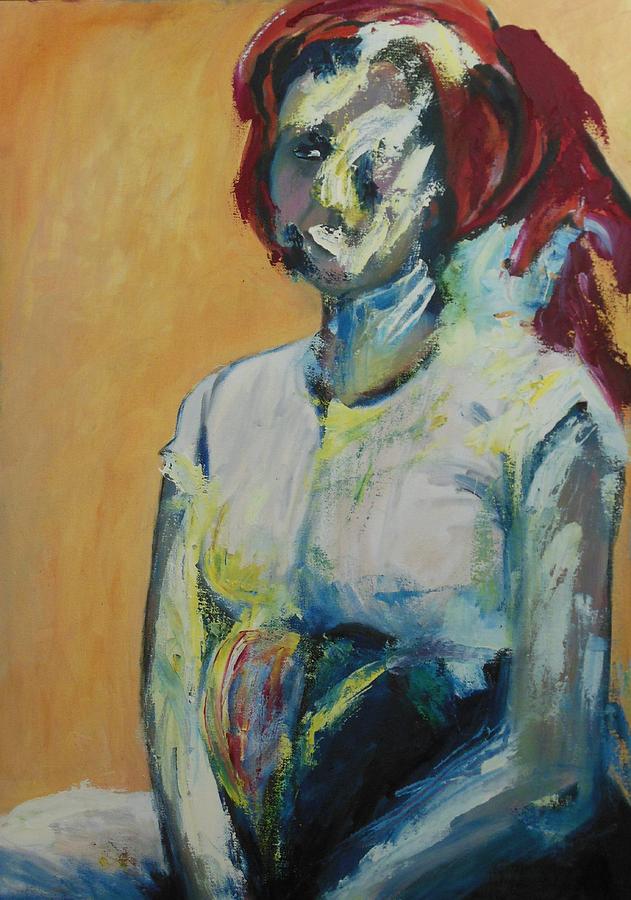4 Then Joseph said to his
brothers, “Come closer to me.” And they came closer. He said, “I am your
brother, Joseph, whom you sold into Egypt. 5 And now do
not be distressed, or angry with yourselves, because you sold me here; for God
sent me before you to preserve life. (Genesis 45)
In this
week’s portion, Vayigash, Joseph—now
second only to Pharaoh in Egypt—reveals himself to his brothers—and excuses
them for their mistreatment of him many years earlier.
What moves
Joseph to forgive his older brothers?
Many of our commentators suggest that his generosity is a response to
their teshuvah, to the fact that they
have matured and changed for the better, as exemplified by the eloquent apology
offered by Judah, who is prepared to sacrifice himself for the family.
Yet, as
Rabbi Yael Shy notes, nowhere does Joseph express this view that his
forgiveness is a result of his brothers’ changed behavior. He is, by contrast, quite clear in noting
that he does not forget the wrong done to him, declaring, “You intended evil
against me, but God designed it for good.”
Instead, Joseph forgives because he understands that this is the only
way to free himself of the resentment and bitterness that would only hollow out
his own life. To quote Lily Tomlin,
Joseph seems to understand that “forgiveness is giving up all hope for a better
past.”
Giving up all hope for a better past.
This can
be excruciatingly difficult. As Rabbi
Shy tells the story: “Thinking that I needed
to keep the pain in order to keep the truth alive has been the mistake I've
made over and over again, blocking my way to forgiveness. Each time someone has
really hurt me, and I have considered forgiving them, a voice seems to scream
at me from within: They
aren't sorry! They are living their lives, as happy as can be, while you
suffer! If you forgive, you erase what happened! Nobody will affirm how much
pain you are in! But
the validation I seek most likely won't come from the people who hurt me (and
if it does, that usually doesn't feel like enough). It must come from myself.
And in the meantime, the pain and the burden of holding onto my anger are
damaging me - not those who hurt me. As the saying goes, holding onto
resentment is like drinking poison and expecting the other person to die.”
The only way to achieve freedom,
to grow and blossom into our own lives, is to extricate ourselves from the sort
of victimhood that inevitably flows from grudge-bearing. This week, consider: Where in your heart are you still nursing
resentment against those who hurt you?
How can you liberate yourself from that resentment?



